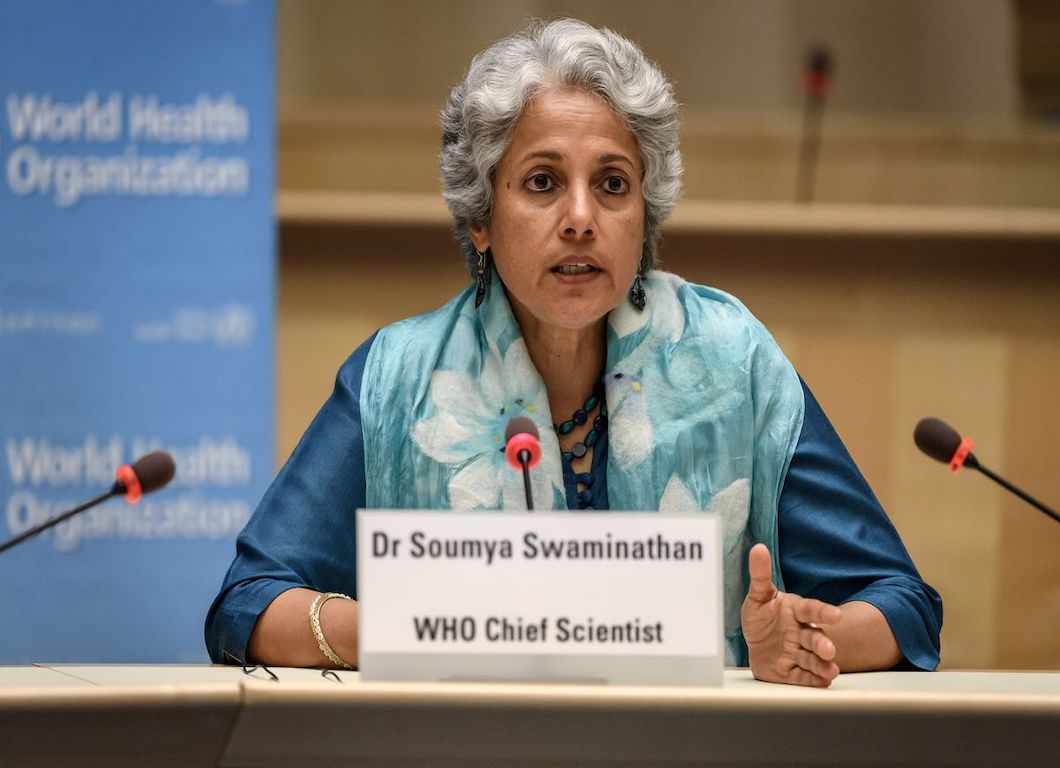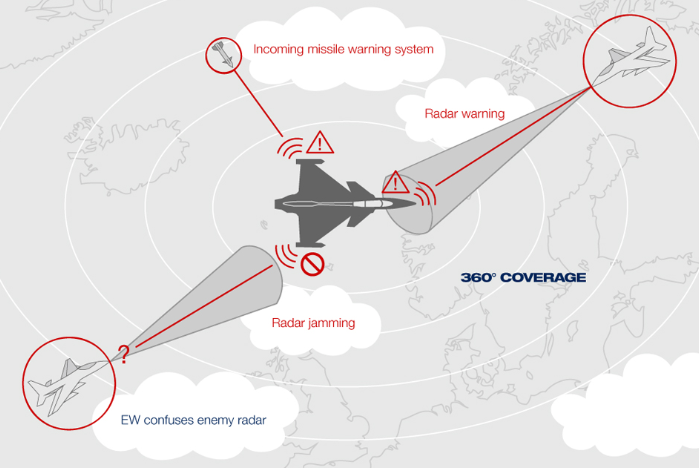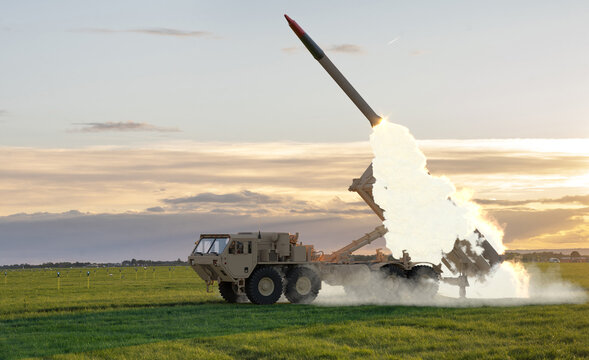World Health Organization Chief Scientist Calls Mixing Vaccine Dose A “Dangerous Trend”
- Maryam Razzaq
- World News
- July 13, 2021

Choosing different COVID-19 vaccine brands for first and second doses a growing concern among Canadians.
By Maryam Razzaq
The World Health Organization (WHO)’s Chief Scientist Dr. Soumya Swaminathan discussed how the WHO has been receiving a lot of inquiries about individuals who are receiving their first and second dose of the COVID-19 vaccine from different pharmaceutical companies. Dr. Swaminathan called it a “dangerous trend”. The context of the conversation was around booster doses and choosing different vaccine brands for the first and second dose. Mixing and matching COVID-19 vaccine dose been a growing discussion of concern among Canadians.
“We are in a data-free, evidence-free zone as far as mix and match. There is limited data on mix and match. It will be a chaotic situation in countries if citizens start deciding when and who will be taking a second, a third and a fourth dose,” said Dr. Swaminathan.
The comments by Dr. Swaminathan were made Monday, but today the WHO has clarified that there is some data available around mixing and matching COVID-19 vaccines, and more research and data is currently being compiled.
“Data from mix and match studies of difference vaccines are awaited – immunogenicity and safety both need to be evaluated” said the WHO in emailed comments as reported by the Reuters.
Dr. Swaminathan later clarified the context behind her comments as she expanded on Twitter to explain how individuals should not be deciding the vaccine mix and match options themselves but rely on available data provided by public health agencies. She continued to say that “immunogenicity and safety both need to be evaluated”.

Since June, Canadians who received the AstraZeneca vaccine have been recommended by the National Advisory Committee on Immunization (NACI) to get an mRNA vaccine, Pfizer-BioNTech or Moderna for their second dose. Theresa Tam, Canada’s chief public health officer stated during a June 1 news conference that the recommendation was made due to a variety of factors that ranged from vaccine supply to safety concerns.
“No data currently exists on the interchangeability of COVID-19 mRNA vaccine. However, there is no reason to believe that mRNA vaccine series completion with a different authorized mRNA vaccine product will result in any additional safety issues or deficiency in protection,” said Canada’s National Advisory Committee on Immunization.
In a statement made to CP24.com, Health Canada stated that “vaccine interchangeability is not a new concept.
“Similar vaccines from different manufactures are used when vaccine supply or public health programs change. Difference vaccine products have been used to complete a vaccine series for influenza, hepatitis A, and others,” said Health Canada.
The NACI will continue to monitor new research on mixing COVID-19 vaccines. Recommendations to Canadians will be made accordingly.








